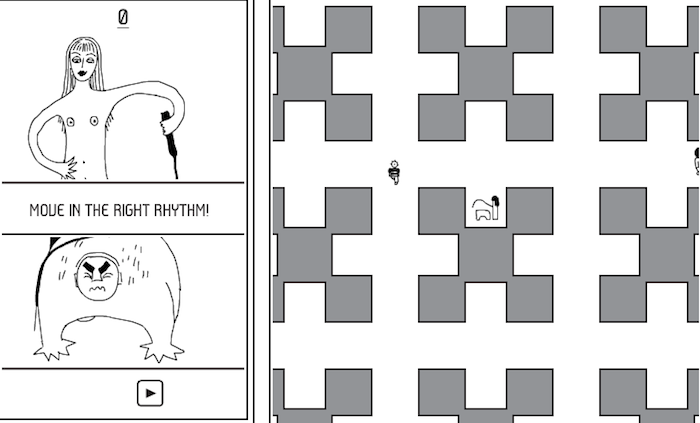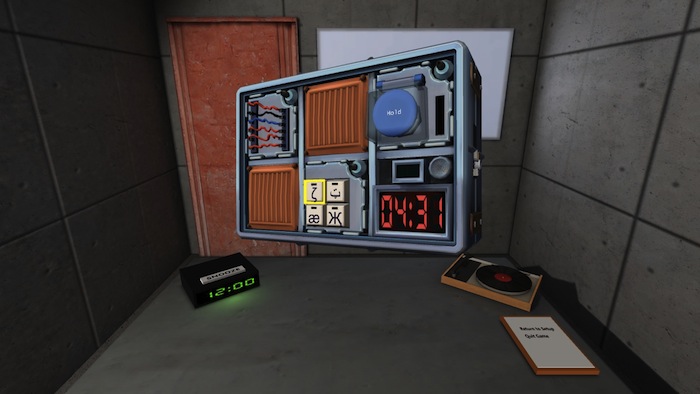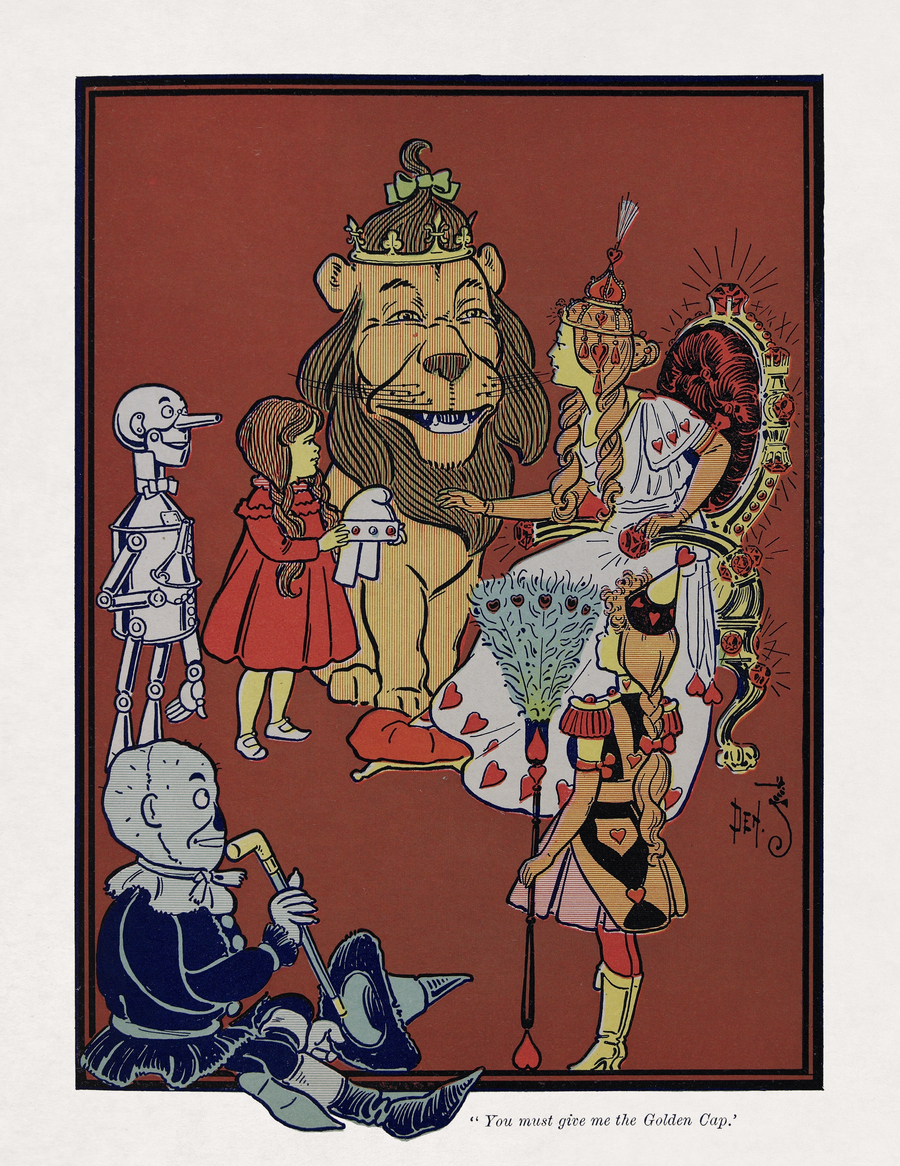
February 24, 2015
Sex, Love, and Video Games
As the tetromino glides into its proper Tetris slot, so the IndieCade East convention snugly fit into the rooms of the Museum of the Moving Image in Queens. Professional developers, amateur exhibitors, sports-loving gamers, and a wide range of speakers (on diversity, indigenous representation, inclusive programming education for children, and psychedelics), convened over President’s Day weekend to (dis)play the latest wares in independent gaming.
That Valentine’s Day fell on the same weekend was not lost on the conference organizers, who curated an exhibition of games themed around love, which emphasized the passions play ignites, from the erotic to the tender to the familial. Other curatorial themes presented a general survey of fresh and controversial developments: “rejection” focused on banned or censored games; “horizons” presented up-and-coming games; and “gesture” showcased notable uses of the Leap Motion Controller for Oculus Rift.
Below are the top ten games from the exhibits that you should definitely turn on.
Gone Home
You’ve just come home from college, but no one’s there to greet you. Steeped in the atmosphere of Twin Peaks, the X-Files, and the family drama, this interactive simulator lets you explore your Victorian mansion in the Pacific Northwest for clues of your family’s disappearance. Domestic horror tableaus and rain from the storm blowing outside envelop this intimate point-and-click mystery (think Myst) that eventually feels deeply, and painfully, close to home. Get it on Steam.

Gravitation
Jason Roehrer is indie-famous for games that feel poetic, philosophical and personal—often all at once. His recursive shooter, Inside A Star-Filled Sky, is a meditation on infinity; his short game Passage explores death’s inevitable march. In 2008’s Gravitation Roehrer reflects on the highs and lows of the creative process and maintaining a work-life balance. By alternately limiting and expanding the characters abilities alongside the surges and flows of the soundtrack, you come away from the game yearning both to do more and to do less.
Dark Room Sex Game
With no visual cues except for the light of the ball extension attached to your controller, you and your partner must swing your Wii controllers at the right rhythm to achieve the satisfaction of both partners. You’ll know you’re doing a bad job from the cringe-inducing audio cues (try for low moans rather than a high “ouch”). The joke is on the players: only one team performed the act correctly all day. See just how absurd you’ll look playing.
Ute
The goal of Ute is simple: have sex with as many men as possible without getting caught by another lover.Comic book style illustrations and a flat 2-D set make Ute’s conquests humorous and, ultimately, addictive. NSFW.
How Do You Do It?

The Marriage
Marriage is work. The pink square needs to “kiss” the blue square; the blue square needs to touch the circles. Otherwise, both will fade away. In this precarious dance, delicately juggle your personal needs with the other’s desire. Which partner do you identify with?
How Do You Do It?
As someone who remembers making stuffed animals kiss to embarrass a babysitter, it was fun to giggle again in returning to the question of “How do you do it?” With easy clicks of the keyboard, rotate two Barbie-esque dolls to make magic without getting caught by your parents. My closing card told me that I had “done it,” like, “76 times.” Not impressed? Try for yourself.

Quing’s Quest VII: The Death of Videogames!
By using a text based game to explore the struggles of diversity in gaming, the choices and conclusions presented by Quing’s Quest emphasize the despair and dearth of options available to those pushing back against heterosexist and racist core gaming cultures. A must-play for anyone who has ever wanted to build a spaceship and start a new society, and for those making anti-oppressive art here on earth.
Keep Talking and Nobody Explodes
One person wears an Oculus Rift headset and controls a game controller. The other, holding a bulky binder-bound manual, helps to decode the ciphers appearing on the headset wearer’s screens. Both users suffer from blindness—the former from information, the latter from visual cues. Together they must work together to defuse a bomb before it explodes. It’s not an easy puzzle, and many teams started to bicker (“I wanted to be on the Oculus in the first place”; “That Morse Code was hard dude”). But it seemed to promise the possibility of an exciting educational tool in the making; it’s not a stretch to imagine this analog-digital teamwork put to use in high school biology classrooms dissecting frogs. You need an Oculus Rift to play, but here’s a video of the game in action.

Rainbow Sculpty Head
Using leap motion technology, which integrates the movements of your hands into the Oculus Rift experience, Rainbow Sculpty Head lets your hands manipulate, massage and stretch the dimensions (using physics-based vectors) of a psychedelic room. No trippy playspace would be complete without a malleable bronze-toned head, hence the “scuplty head” component.
Aboard the Looking Glass
A sci-fi game brilliantly incorporating Leap Motion’s mechanism: your left hand is live-traced as a translucent screen that shows you the past—and your right hand the future. You navigate the puzzle by changing the temporality of objects—moving obstructive boxes, for instance, from the past into the future so that you can move through space. Confused? Watch the far-out trailer.
Observed
View all
Observed
By Ava Kofman




